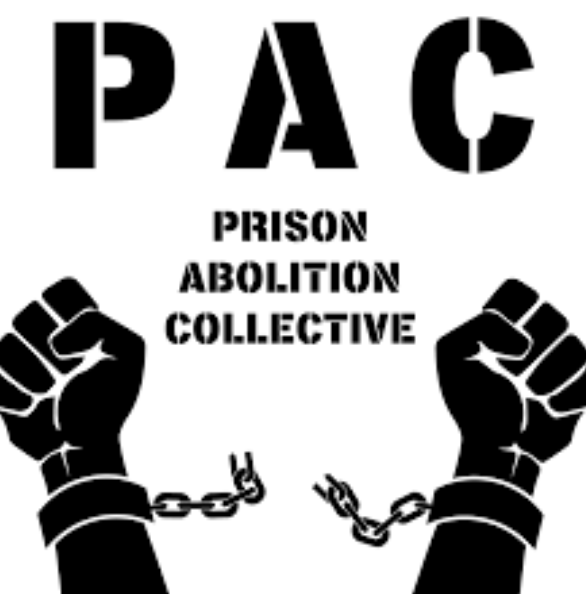By Anna Mitchell ’22
Staff Writer
Chances are you have attended one of their numerous events or workshops, joined their email list along the way or been to a meeting. Even if you are not a leader in the group or a steady member, it is nearly impossible to remain ignorant of the activism incubated and explored by the Claremont Colleges’ Prison Abolition Collective.
Inspired both by the injustices of the California carceral system and by the renowned abolitionist work stemming from such injustice, the group began a few years back, in 2015. Ki’Amber Thompson PO ’18 and Ryan Palmer PO ’18 brought the idea to fruition.
“In earlier years, we would meet at the Hive for an hour a week. We worked on an article or topic each week, and spent most of our effort doing outreach events, attending abolition-related events,” says Aidan Moore PO ’20. “We worked with local organizations (Critical Resistance Oakland, All of Us or None) and on local legislation like Ban the Box and town hall meetings about Claremont becoming a sanctuary city.”
Since then, the project has evolved. Not in mission, per se, but certainly in tactics. The club now meets weekly on Wednesday evenings, dividing the meeting time into two sections: a full-group session and a working-group session. This year, education has emerged as an axis of their endeavors.
“We spend a lot of time on education because no one is truly born an abolitionist—some of us couldn’t even envision an alternative to prisons prior to our involvement in the club—prison abolition has to be taught, and then lived,” says current club co-leader Jo Choe PO ’21.
As part of the 5C Leftist Coalition—a collective of clubs committed to various social justice issues—the club is devoted to supporting other activism on campus, such as the Drop Sodexo movement and the efforts of Students for Justice in Palestine. But the networking does not and cannot end there.
“We are currently working on building coalitions with outside organizations,” says Mackenzie Rutherford SC ’21. “Right now, we are working on outreach in Claremont to provide residents with alternatives to calling the police/introducing them to abolition, because we know that to many people it seems like a radical idea,” adds Elle Biesemeyer SC ’21.
This is only a piece of the puzzle, one grand puzzle composed of education, networking, dialogue, interaction with experts, and, the constant throughout all such components, dedication.
Through workshops and coalition building, they hope to further educate these intersecting communities on the significance and possibility of imagining a future without a Prison Industrial Complex.
In the climate of relative privilege inherent to a private college campus, they recognize the significance of engaging in the unique ways made possible by such a unique space. For example, utilizing the consortium’s resources and seeking funding allows the group to broaden their reach and to deepen their impact.
“If you can’t make our meetings and would like to get involved, follow us on Instagram @5cPrisAb, like us on Facebook 5c Prison Abolition, or email us at 5cprisonabolition@gmail.com and ask to be added to our email list!” says Rutherford.
A more informed student body makes for more informed graduates, workplaces, families, towns, cities. A more educated country.
From the Civil Rights movement, to feminist campaigns, to anti-war protests, college campuses carry a longstanding tradition of incubating activism and activists. It comes as no surprise that such a tradition continues into our modern era to address both contemporary and recurring issues, such as, in this case, abolishing the Prison Industrial Complex.
But these walkways and hallways are equally spaces for enquiry. So go ahead, embrace humility and ask your questions. Is that not the foundation of activism anyway? Seeking knowledge in order to make change?
Anna is also a member of the 5C Prison Abolition Collective.



